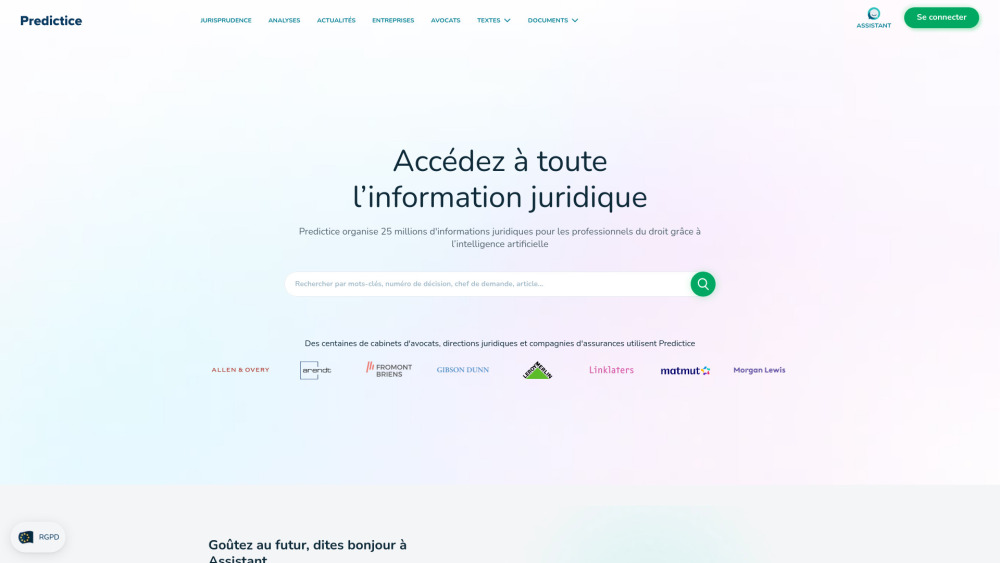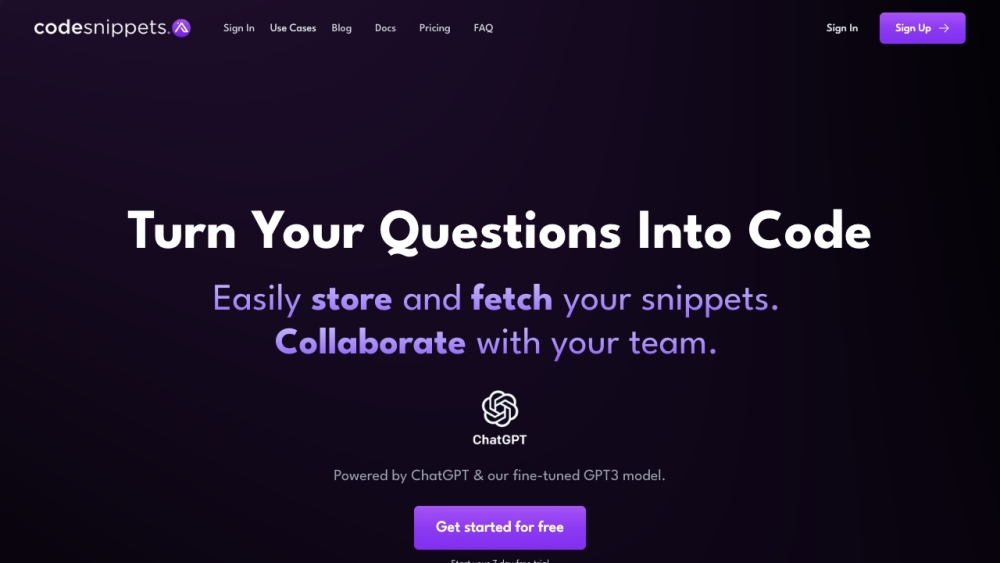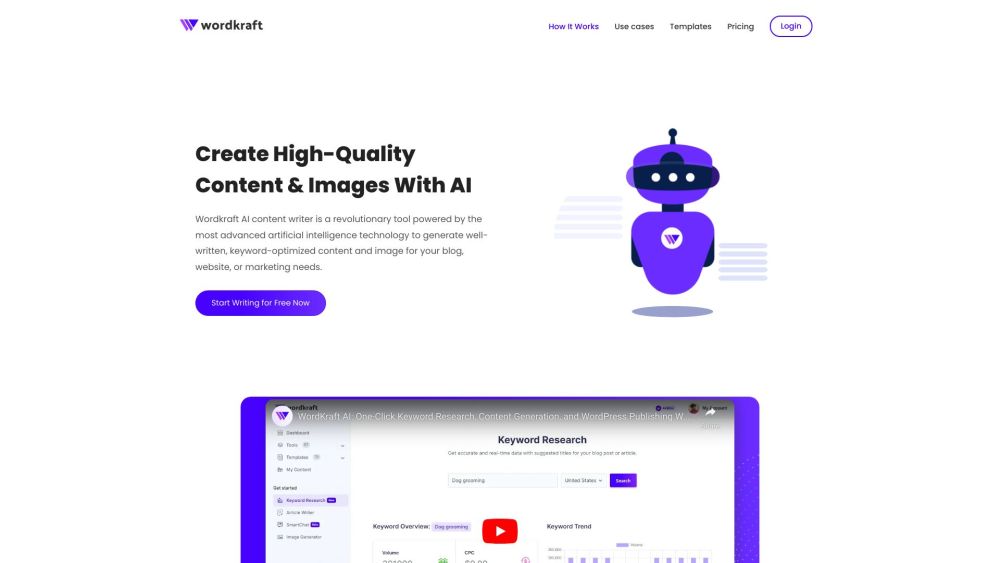As companies strive to embrace artificial intelligence (AI) systems, there is a prevailing belief that younger, tech-savvy employees will take the lead in instructing their managers on leveraging these powerful tools effectively. However, a recent study challenges this notion, particularly regarding the fast-evolving realm of generative AI.
Conducted by researchers from Harvard Business School, MIT, Wharton, and Boston Consulting Group, the study reveals that junior employees who experimented with generative AI systems proposed risk mitigation strategies that deviated from expert recommendations. This suggests that businesses cannot solely depend on reverse mentoring to ensure the responsible use of AI.
The authors noted, “Our interviews revealed two findings that contradict existing literature. First, the tactics suggested by junior professionals to address senior concerns were misaligned with those endorsed by experts in generative AI at the time. This indicates that junior employees may not serve as the best resource for guiding senior staff in the effective use of this emergent technology.”
The study involved interviews with 78 junior consultants in mid-2023, who had just participated in a GPT-4 experiment designed to solve business problems. Lacking technical AI expertise, these consultants proposed tactics to alleviate managerial concerns about associated risks. However, their recommendations often stemmed from a limited understanding of the technology’s capabilities, emphasizing changes in human behavior over AI system design and focusing on project-specific solutions rather than broader organizational or industry-wide approaches.
The researchers highlighted the importance of considering both status threat and risks to valued outcomes when assessing why junior professionals might not effectively guide their senior counterparts in adopting new technologies. The rapid pace of AI advancements, coupled with its superhuman capabilities and reliance on extensive data, heightens these challenges.
As companies wrestle with the promise and pitfalls of generative AI—capable of open-ended dialogue, addressing follow-up questions, and assisting with writing, analysis, and coding—the study emphasizes the limitations of relying solely on digitally native employees for AI governance. It underscores the necessity for top-down management, expert oversight, and comprehensive upskilling across all organizational levels.
The authors concluded, “Senior professionals must quickly adopt emerging technologies while anticipating future advancements and their implications for clients and their organizations. To lead their teams effectively in navigating this rapidly expanding technological landscape, senior leaders must cultivate a profound understanding of new technologies and their capabilities.”






